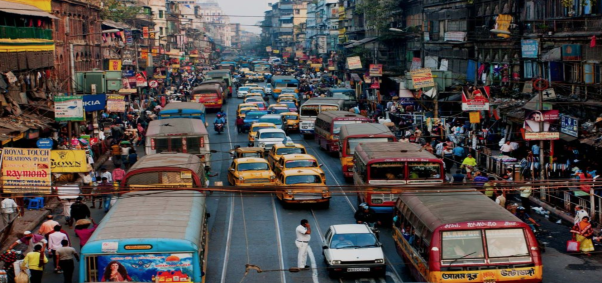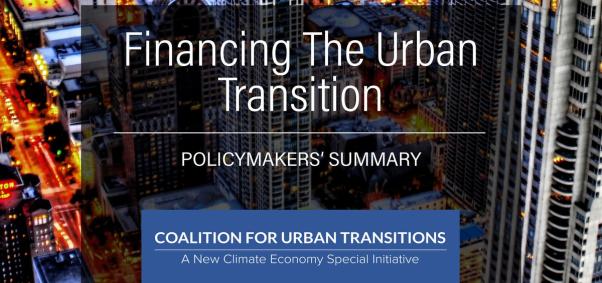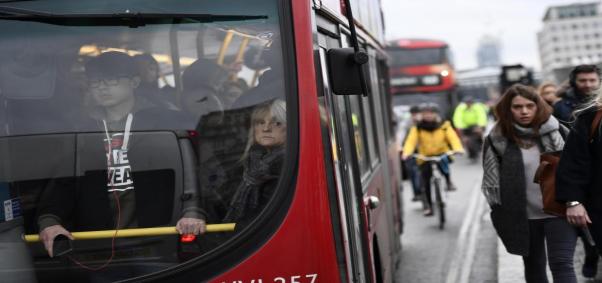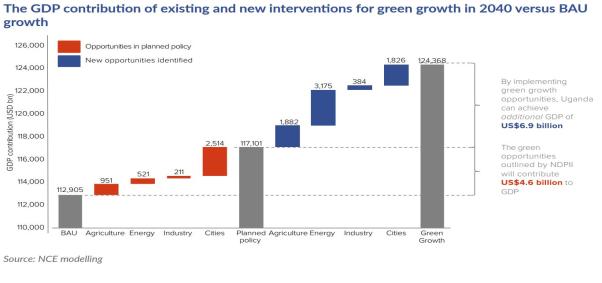Ani Dasgupta, Global Director of the WRI Ross Center for Sustainable Cities, writes on how new mobility services can be effectively combined and leveraged with existing public transport options.
New mobility services could improve the lives of all urban inhabitants. This first ever global survey finds that applying three types of new mobility services – electric, on-demand minibuses, subsidized shared rides, and trip-planning and ticketing apps – can make public transport more affordable, accessible and sustainable, if integrated properly.
Policies that encourage sustainable growth and entrepreneurship have the potential to ignite a green industrial revolution in Africa.
Urbanisation is one of the most important potential drivers of productivity and growth in the global economy.
Cities that are designed and managed well – where people have plentiful options to move around without cars or do not have to go far to get work done – are powerful drivers of growth, creating good jobs and making them attractive places to live, says Lord Nicholas Stern.
Ngozi Okonjo-Iweala writes that an international effort is under way to encourage countries to remove policies that may contradict their otherwise sincere efforts to reduce carbon emissions.
Most developed countries now pursue policies that implicitly or explicitly aim at promoting compact urban form.
There’s ample evidence that renewable energy and energy efficiency are booming sectors for business, writes Naina Lal Kidwai in the Financial Times.
Kampala, December 7, 2016: Green growth in Uganda could increase annual GDP by 10%, or an estimated US$3.4 billion by 2020 and US$11.5 billion by 2040 versus business as usual, acc
Better, smarter urban growth could be an economic opportunity for India worth up to 6% of GDP by 2050, according to the latest research from the New Climate Economy.










